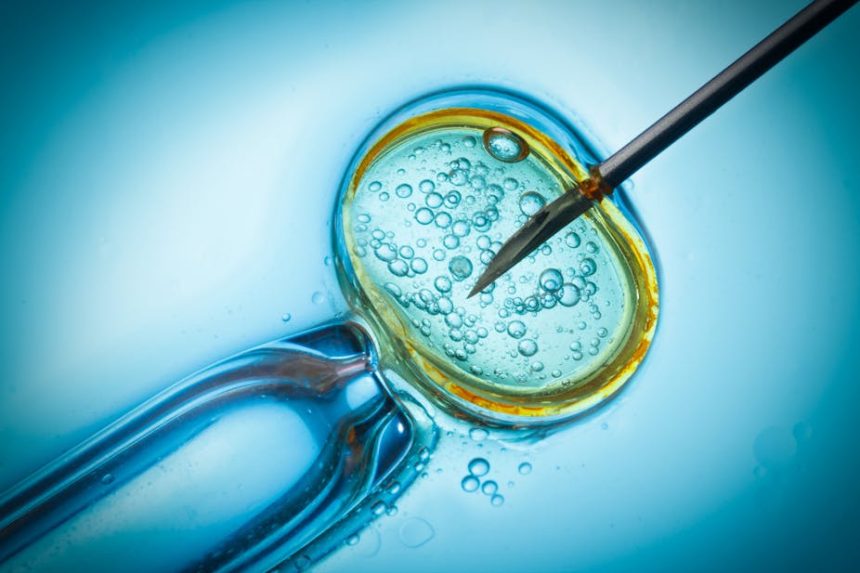In a historic medical breakthrough, eight babies have been born in the United Kingdom using an innovative IVF technique designed to prevent the transmission of deadly mitochondrial diseases.
The pioneering procedure, which incorporates DNA from three individuals, offers new hope to families worldwide—including in Nigeria—who face the risk of passing on severe genetic disorders.
Experts at Britain’s Newcastle University and Monash University in Australia published the results of the much-awaited trial on Wednesday in several papers in the New England Journal of Medicine.
The clinical trial, conducted at Newcastle Fertility Centre, involved 22 women and resulted in the birth of four boys and four girls, now aged between a few months and over two years old. All children are reported to be healthy, marking a significant milestone in reproductive medicine.
How the Technique Works
The procedure, known as mitochondrial donation, replaces faulty mitochondrial DNA in a mother’s egg with healthy mitochondria from a donor. While the resulting child inherits genetic material from three people—the mother, father, and a female donor—scientists emphasize that less than 0.1% of the baby’s DNA comes from the donor, debunking sensationalized “three-parent baby” labels.
Mitochondrial diseases, which affect approximately 1 in 5,000 births, can cause debilitating conditions such as muscle wasting, diabetes, blindness, and organ failure. Currently, there is no cure, making prevention through IVF a crucial advancement.
Promising Results with Cautious Optimism
Findings published in the New England Journal of Medicine reveal that six of the babies had 95–100% of disease-causing mitochondrial DNA removed, while the remaining two showed reductions of 77–88%—still below the threshold for disease development. However, three children exhibited signs of “reversal,” where defective mitochondria reappeared over time, a phenomenon researchers will monitor closely.
Swedish reproductive expert Nils-Goran Larsson hailed the achievement: “This is a major step forward. It gives families facing devastating genetic risks a real chance at having healthy children.”
Ethical and Regulatory Challenges
The UK, the first country to legalize mitochondrial donation in 2015, strictly limits the procedure to families at high risk of passing on mitochondrial disorders. Peter Thompson, head of the UK’s Human Fertilisation and Embryology Authority, stressed that the technique is not for general use but for preventing severe genetic diseases.
Despite its success, the procedure remains controversial and is banned in countries like the United States and France due to ethical concerns, including embryo destruction and fears of “designer babies.” Dagan Wells of Oxford University clarified: “This isn’t about creating designer babies, it’s about preventing suffering.”
Implications for Nigeria
For Nigeria, where genetic disorders are increasingly diagnosed but treatment options remain limited, this breakthrough presents both hope and challenges. According to Vanguard a Lagos-based geneticist said that while the technique could be transformative, it must be approached with “caution, robust regulation, and ethical clarity.”
A French mitochondrial disease specialist, Julie Stefann, noted: “For families facing genetic disease, the benefit is obvious. The question is whether countries are ready to embrace science responsibly.”







